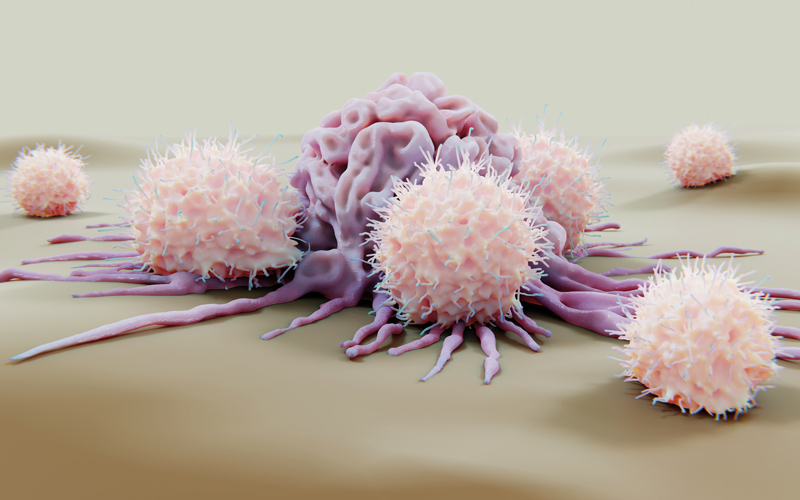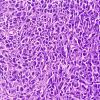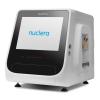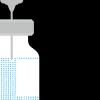Scientists have developed a powerful predictive model for identifying the most potent cancer-killing immune cells for use in cancer immunotherapies.

Combined with additional algorithms, the predictive model can be applied to personalised cancer treatments that tailor therapy to the unique cellular makeup of each patient's tumours.
“The implementation of artificial intelligence in cellular therapy is new and may be a game-changer,” said Alexandre Harari, study co-lead.
The team developed a new AI-driven predictive model, called TRTpred, that can rank T cell receptors (TCRs) based on their tumour reactivity. The team loaded the global gene-expression profiles of the T cells carrying each TCR into a machine-learning model to identify patterns that differentiate tumour-reactive T cells from inactive counterparts.
The TRTpred model analysed tumour-infiltrating lymphocytes from 42 patients with melanoma, lung, breast and gastrointestinal cancer and identified tumour-reactive TCRs with ~90% accuracy.
Image credit | Science Photolibrary




